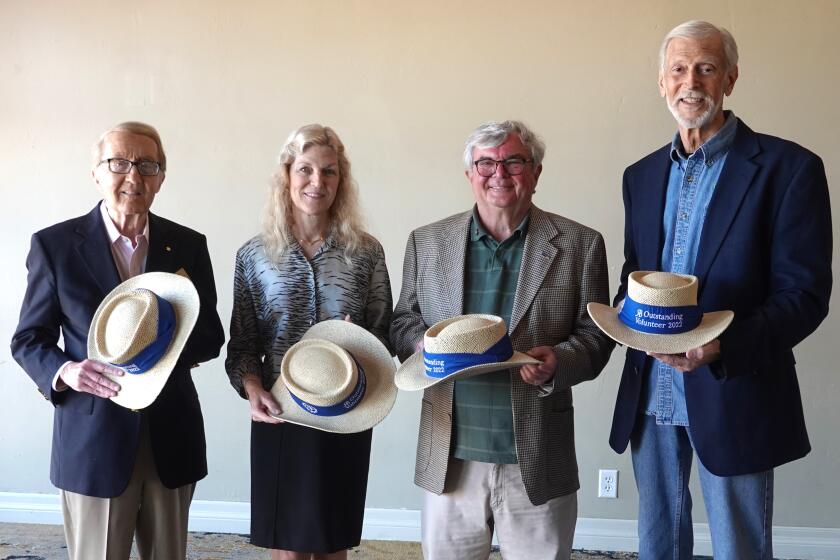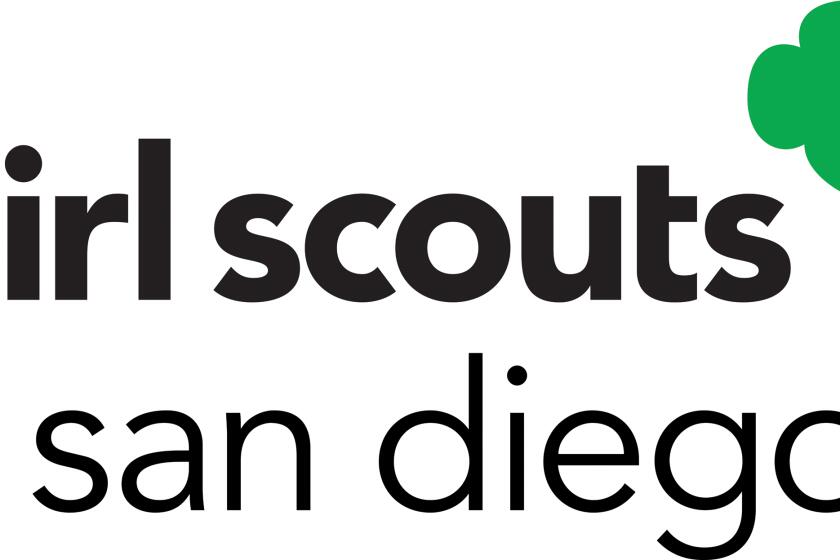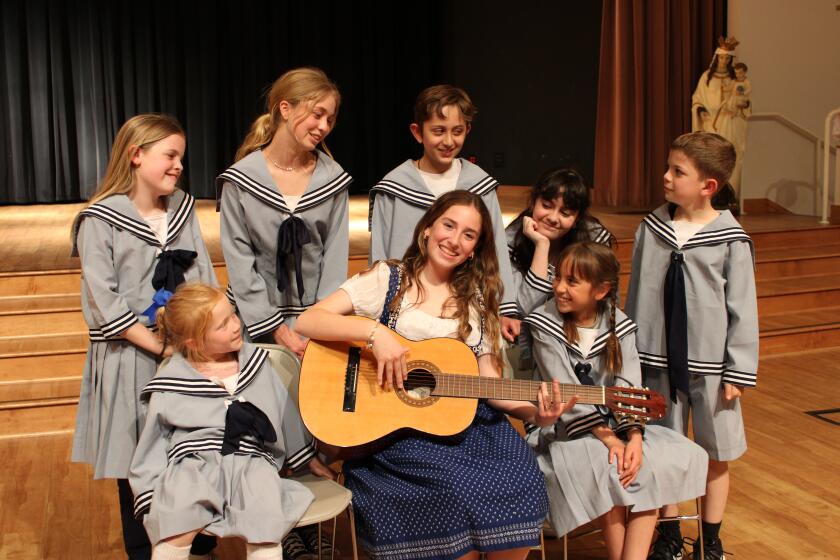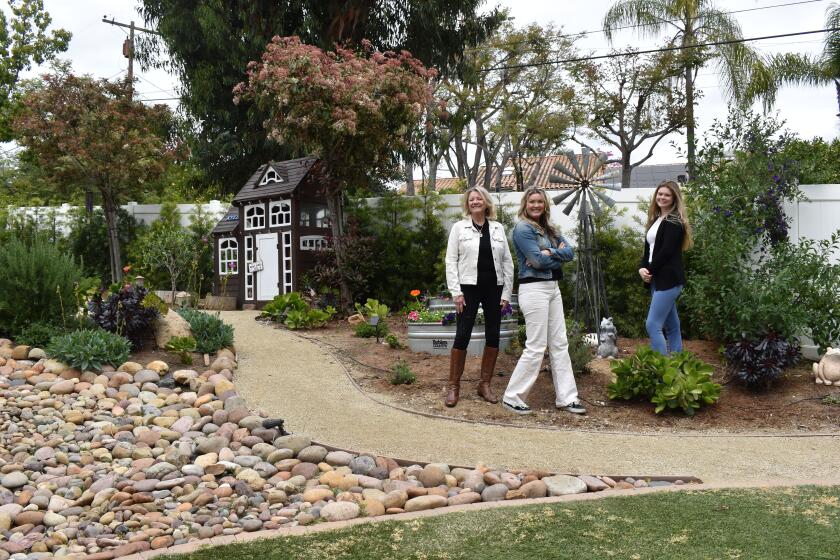Seeds of Haiti agroecology project to be planted by locals
Two local men are dedicating a year of their lives to Friends & Family Community Connection’s latest endeavor — a project that could create sustainable farming practices in Haiti.
Bryce Rauterkus and Connor McClelland will move to Haiti on Feb. 1 for the first part of a five-year agroecology project in Gressier. It is a community where FFCC has sent more than 2.5 million nutritious packaged meals since its devastating earthquake in January 2010.
Their goal for the first year is to establish two acre-size plots — one experimental and the other a demonstration area — to determine what seeds grow best, what farming methods are most effective and how to prevent soil erosion on the country’s hilly terrain through terracing. The plots are about a 10-minute walk apart.
The purpose is to work with Haitian farmers, local government and universities to develop these and future plots so there is a local source of income for residents. Farmers who participate will pay back into the system by donating 10 percent of their harvest to local orphanages so children suffering from malnutrition can have nutritious, fresh food.
The duo plans to work with orphans and students to teach them farming skills and increase their interest in agriculture.
Rauterkus and McClelland also plan to work with students at Léogâne University and Haitian State University in Port-au-Prince to help them graduate. According to McClelland, after studying for five years Haitian university students need to complete a research project to earn their degrees. While there is public funding for the coursework portion of their education, students must pay for the research portion or get private funding. Because of this financial hurdle, he said 60 percent do not graduate.
“If we can bring students in to do research in the plots and in exchange for their labor we are their mentor for their project, we can pay for them to complete (their thesis) and get their degree,” McClelland said.
Rauterkus graduated from Poway High in 2009 and the University of California Santa Barbara in 2013 with a degree in ecology and evolution. The 24-year-old said he became involved with FFCC years ago because its founder, Phil Harris, is a family friend. He has traveled to the Philippines once and Haiti twice for FFCC projects.
“I don’t see a better opportunity (than the present),” Rauterkus said. “It is so great, not only for building (my experience with) researching, handling and developing a project ... but (helping) the Haitian people better solve their situation.”
McClelland, also 24, is a Rancho Bernardo High 2009 alumnus who met Rauterkus while studying mathematics at UCSB. When he realized math was not a career field for him, McClelland got a job on a farm in New Mexico, where he learned organic vegetable production and how to raise goats. This sparked a new “passion” for him, which led to him graduating last month from Kansas State University with a degree in agronomy. His focus was soil science.
Through Rauterkus, McClelland learned about FFCC and after his first trip to Haiti realized he and the organization were a good fit.
Both have committed to the project for one year — Harris said they will receive a stipend for their work — and they indicated an openness to staying beyond their commitment. The eventual goal, however, is to turn the project over to the Haitian people, with FFCC overseeing its progress by the project’s fifth year.
Harris said FFCC’s philosophy for all its projects are for the work to become self-sustaining. While the Rancho Bernardo-based organization plans to continue sending meals to Haiti for the foreseeable future, the eventual goal is to develop agricultural production in the area and wean Haitians from needing FFCC meals. Years from now, Harris said he would like to see the Haitians at the point where they can growing the ingredients for packaged meals and send them to other countries in need.
The country’s system favors food importation, so 99.9 percent of its food comes from abroad, mainly the United States, Harris said. Because importing food is cheaper than having local farmers grow it, there is no incentive to expand agriculture as a viable source of food, income and livelihood.
An additional complication is the dry conditions and farming practices that lead to fertile topsoil eroding, making it more difficult to grow crops, Harris said.
Now that the country has turned the tide in rebuilding and repairing earthquake-destroyed infrastructure over the past two years, and FFCC has established good relationships with the locals and government officials, Harris said the time is right to launch the agroecology project.
“For the first 2 1/2 years we did not see much change,” Harris said. “But improvements are taking place with infrastructure, electricity and there are fewer power outages. Haiti is coming back.”
Rauterkus and McClelland said they are going to Haiti with more than $600 in donated seeds from Baker Creek Heirloom Seed Company, Kerr Center for Sustainable Agriculture (where McClelland did an internship), ECHO Community and Southern Exposure Seed Exchange.
The seeds include sorghum, pearl millet, corn, okra, melons, cowpea, chickpea, amaranth and quinoa. McClelland said Haitians have experience with many of these plants, but maybe only one or two varieties of each due to local access. The pair are bringing five or so varieties of each, to see in the experimental plot if some varieties grow better in Haiti’s heat and drought conditions than others. If some prove favorable and more high yielding, Haitians could be taught how to reproduce those seeds so they can become widely used.
Rauterkus said with additional donations from the San Diego community, they plan to bring tools and other equipment for farmers to use as well. He said with hand tools they can “dramatically increase their efficiency of farming.”
The duo has hurdles before them. One is mastering the local language. While Haiti’s official language is French, the common language is Haitian Creole, a combination of French, Spanish, English and African. During their previous trips to Haiti they picked up phrases and vocabulary, but said they have a long way to go. There are some Haitians who speak English who can serve as interpreters when the need arises.
In addition, the first year requires $60,000 to get the project going and around $30,000 has been raised. That is something FFCC volunteers in San Diego will be tackling in months to come.
Before leaving next month, Rauterkus and McClelland plan to visit their high schools to get teens interested in the project and perhaps joining them in Haiti for a week later in the year. Rauterkus said they would like students in Poway High’s FFA program to grow seed varieties here, which could help with their studies of seed success in Haiti.
To find out more about the project, go to www.ffccsd.org/agroecology. Updates will be posted at www.facebook.com/HaitiAgroecology. Information about opportunities to join the duo in Haiti on a volunteer mission will be announced as the project progresses.





